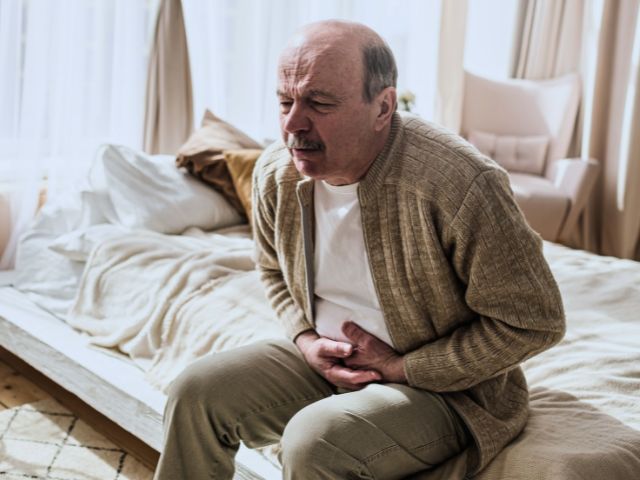Constipation is not a fun subject for anyone to discuss, but in the elderly population, untreated constipation can have profound effects. Constipation can severely impact the quality of life and dignity of the elderly patient. Struggling with this issue can often be embarrassing for elderly patients, and fortunately, it is usually possible to effectively manage and prevent constipation.
Constipation is often overlooked and not considered as a serious concern; however, chronic untreated constipation can lead to a more serious medical issue such as bowel obstruction, rectal prolapse, and anal fissure. Due to the complexity of constipation and the many possible causes, it is important for the long-term care nurse to have bowel maintenance plans for their patients, especially those who are at increased risk of constipation.
Bowel maintenance plans are a tool that will help the nurse document how often the elderly patient is able to pass stool and catch constipation symptoms early, preventing serious illness.








